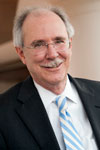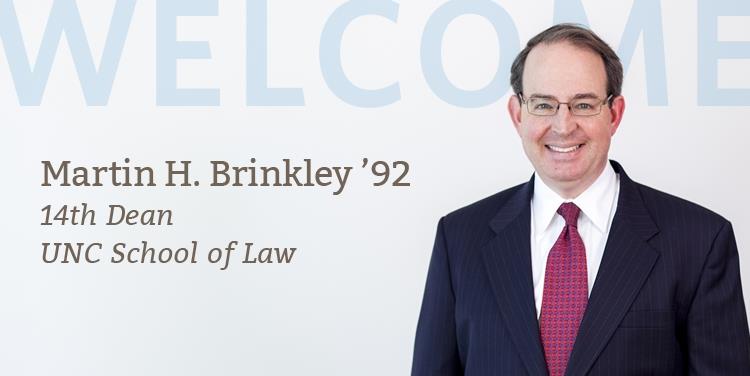UNC School of Law congratulates 42 first-year law students who received a Eugene Gressman & Daniel H. Pollitt Oral Advocacy Award on April 16. The annual awards, given by faculty of the Writing and Learning Resources Center, recognize outstanding oral advocacy in the first-year Research, Reasoning, Writing, and Advocacy (RRWA) Program. This year marked the 20th anniversary celebration of the awards.
The awards' sponsor is the firm of Johnston, Allison & Hord of Charlotte, represented at the ceremony by partner Michael L. Wilson ’96. As Chief Justice of the Holderness Moot Court Bench, Wilson worked with Professor Emeritus Ruth McKinney '88 to establish the awards in 1995. The awards honor Eugene Gressman, William Rand Kenan Jr. Professor of Law Emeritus, and Daniel H. Pollitt, Graham Kenan Professor of Law Emeritus, who both passed away in 2010.

The RRWA professors and their award recipients are:
Kaci Bishop
- Section 1 Overall: Dexter C. Hobbs
- Section 1 Appellant: Matthew Tomsic
- Section 1 Appellee: Nate Pencook
- Section 2 Overall: Nicolas Millington
- Section 2 Appellant: Claire E. Ogburn
- Section 2 Appellee: Quisha Mallette
Alexa Chew
- Section 3 Overall: Rebecca Messinger
- Section 3 Appellant: Sharon Grace Lin
- Section 3 Appellee: Max Swindle
- Section 4 Overall: Ivy Alexandra Johnson
- Section 4 Appellant: Max Edward Isaacson
- Section 4 Appellee: Kathryn White
Luke Everett
- Section 5 Overall: Rebecca Gittelson
- Section 5 Appellant: Christopher J. Stevens
- Section 5 Appellee: Tres Ricks
Keith McCrickard
- Section 6 Overall: Amanda R. Dizon
- Section 6 Appellant: Jordan Hilton
- Section 6 Appellee: Richard A. Ingram
- Section 7 Overall: Rebekah Morrison
- Section 7 Appellant: Josh Martinkovic
- Section 7 Appellee: Alexandra L. Elbeery
Wyatt Orsbon
- Section 8 Overall: Ariana L. Johnson
- Section 8 Appellant: Breegan O’Connor
- Section 8 Appellee: Caleb Johnson
- Section 9 Overall: David Pasley
- Section 9 Appellant: Samuel A. Hipps
- Section 9 Appellee: Kathryn J. Hesman
Oscar J. Salinas
- Section 10 Overall: Sarah R. Cansler
- Section 10 Appellant: Ryan B. Sheffield
- Section 10 Appellee: Edward R. Hennelly
- Section 11 Overall: Brenna A. Sheffield
- Section 11 Appellant: Nathaniel J. Strickler
- Section 11 Appellee: Rachel H. Jennings
Craig T. Smith
- Section 12 Overall: Laura Biber
- Section 12 Appellant: Sara Matecun
- Section 12 Appellee: Ford Eubanks
Sara B. Warf
- Section 13 Overall: Brittnay L. Morgan
- Section 13 Appellant: Chelsea V. Parish
- Section 13 Appellee: Nicholas G. Hanna
- Section 14 Overall: Ellenmai Korkoya
- Section 14 Appellant: Dana Neely
- Section 14 Appellee: Bret M. Buckler
-April 21, 2015



















 ) delivered in March of 2007 by Dean
) delivered in March of 2007 by Dean 